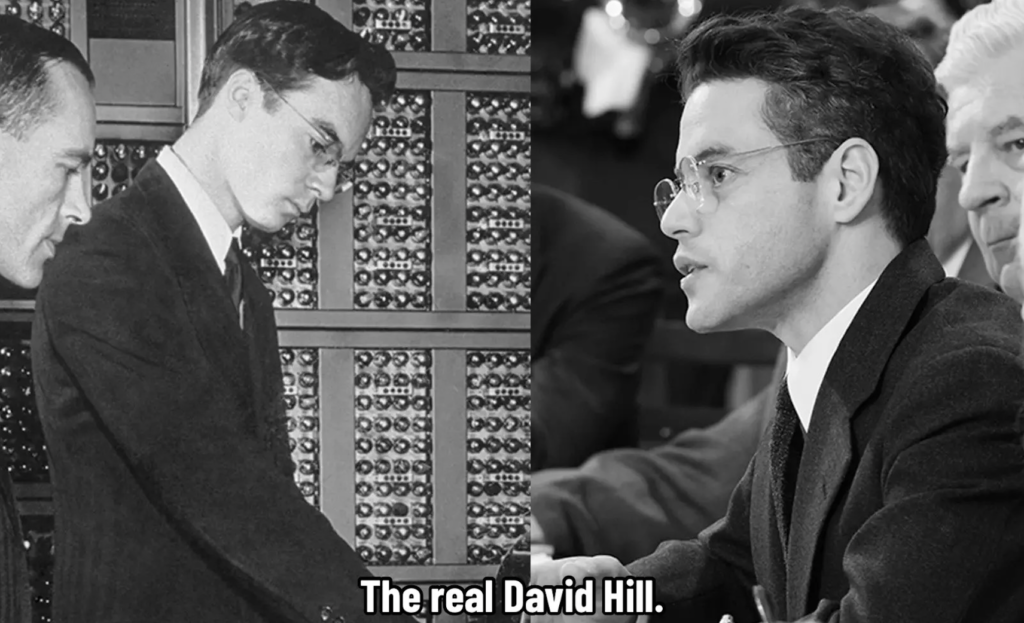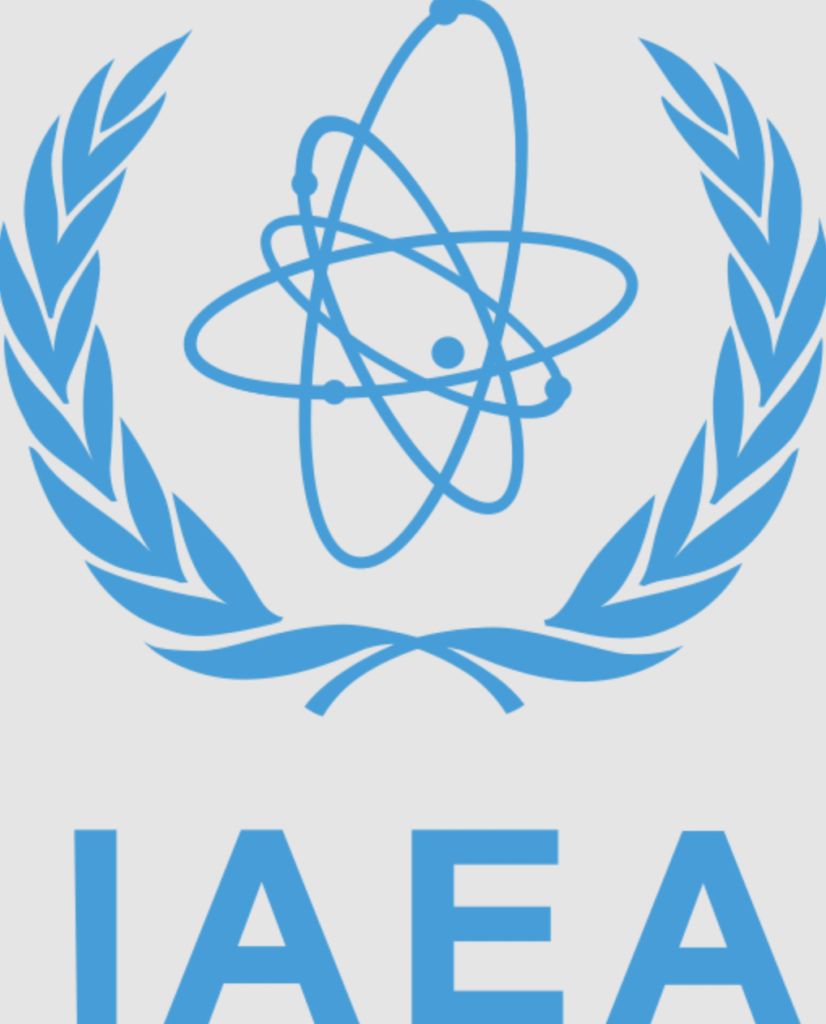Nuclear Nonproliferation in the Arab World

By: Adam Abdel-Qader / Arab America Contributing Writer
‘Oppenheimer’ and the Beginning of the Atom Bomb:
When it comes to nuclear nonproliferation, this week is the perfect time to take a deep dive into the history and current work being done in nonproliferation within the Arab world. This week’s airing of ‘Oppenheimer’ worldwide on Friday, July 21st, connects to the Arab world and the necessity for nonproliferation standards worldwide. Rami Malek, Egyptian-American and Academy Award-winning actor, was featured in the film with a significant role. Malek played the physicist known as David L. Hill, who was crucial in accurately describing J Robert Oppenheimer’s integrity and loyalty to the United States after many years of defamation following his management and oversight of the Manhattan Project.
The Manhattan Project is now well known as America’s first top-secret program that brought together world-renowned physicists to make the world’s first nuclear weapons during World War II under the notion and intelligence that Nazi Germany was ahead in atomic weapon research and had to be stopped. In general, the Manhattan Project can be described as the one project that eventually headed the nuclear arms race and the one project that would subsequently intimidate and end World War II after the tragic bombings of Hiroshima and Nagasaki.
Nuclear bombs are the most deadly and catastrophic weapons humanity has ever known and created. Their capabilities and destructive power lie far beyond human comprehension. In retrospect, society must halt nuclear proliferation and enforce international policies that encourage nuclear nonproliferation.
As “the father of the atomic bomb” said in his remorseful quote to NBC News in 1965, “We knew the world would not be the same. A few people laughed, a few people cried, most people were silent. I remembered the line from the Hindu scripture, the Bhagavad-Gita. Vishnu is trying to persuade the Prince that he should do his duty and to impress him takes on his multi-armed form and says, ‘Now, I am become Death, the destroyer of worlds.’ I supposed we all thought that one way or another.” Even late in Oppenheimer’s career, after the Manhattan Project, he was aware of the true atrocity of a creation that he fostered and knew well and thoroughly that nuclear nonproliferation at an international level was the only option for a stable and thriving world despite the many decades of proliferation that occurred following the end of World War II and the beginning of the cold war.
Nonproliferation in the Arab World:
Over the past few years, the Arab world has made considerable strides in promoting nuclear nonproliferation. Particularly noteworthy in these endeavors is Egypt, a leading Arab nation within both the African and Arab regions. Egypt has consistently taken an active role in diplomatic initiatives, demonstrating its commitment to curbing nuclear proliferation. One notable contribution was its instrumental involvement in extending the Treaty on Non-Proliferation of Nuclear Weapons (NPT) in 1995 after signing on in 1968 and officially ratifying it in 1981. This treaty is an internationally recognized foundation for global efforts toward disarmament. Moreover, Egypt advocated for establishing a weapons-of-mass-destruction-free zone within the Middle East region, a cause it continues to champion.

The GCC:
The Arab world has made significant progress in promoting nuclear nonproliferation through regional initiatives. The Gulf Cooperation Council (GCC), which includes Arab states such as Bahrain, Kuwait, Oman, Qatar, Saudi Arabia, and the United Arab Emirates (UAE), began talks and started solidifying cooperation in 2008 to investigate options for utilizing nuclear energy for peaceful goals while adhering to international oversight and safeguards. This endeavor aimed to meet their escalating energy demands and showcased their dedication towards achieving nonproliferation standards.
Arab states have also embraced collaboration with international organizations to fulfill their nuclear nonproliferation goals. Gradually, numerous states have engaged in comprehensive safeguard agreements with the International Atomic Energy Agency (IAEA). These arrangements empower IAEA inspectors to confirm that all nuclear operations within an Arab state’s domain are solely intended for peaceful purposes. Furthermore, some Arab nations have taken it further by endorsing additional protocols that entail more rigorous inspection and verification measures.
Nuclear Proliferation in the Middle East:
In recent times, however, Tehran’s insistence that its Uranium enrichment program is solely for peaceful purposes like electricity generation and medical research has proven to be of great international concern. Although Iran is not associated with Arab states, its relevance in the Middle East is no assertion to be ignored. It took extensive negotiations over several years before Iran finally agreed to the Joint Comprehensive Plan of Action (JCPOA) in 2015. This agreement entailed significant limitations on Iran’s sensitive nuclear activities and increased inspections by IAEA personnel as a trade-off for removing economic sanctions against the country.
Conclusion:
Despite enduring challenges from political tensions, historical rivalries among regional countries, and the involvement of external powers, the current diplomatic efforts provide hope for eventually finding mutually agreeable and beneficial solutions for atomic energy and nonproliferation. This approach ensures that all parties involved remain committed to an Arab world empty of weapons of mass destruction.
Check out Arab America’s blog here!









